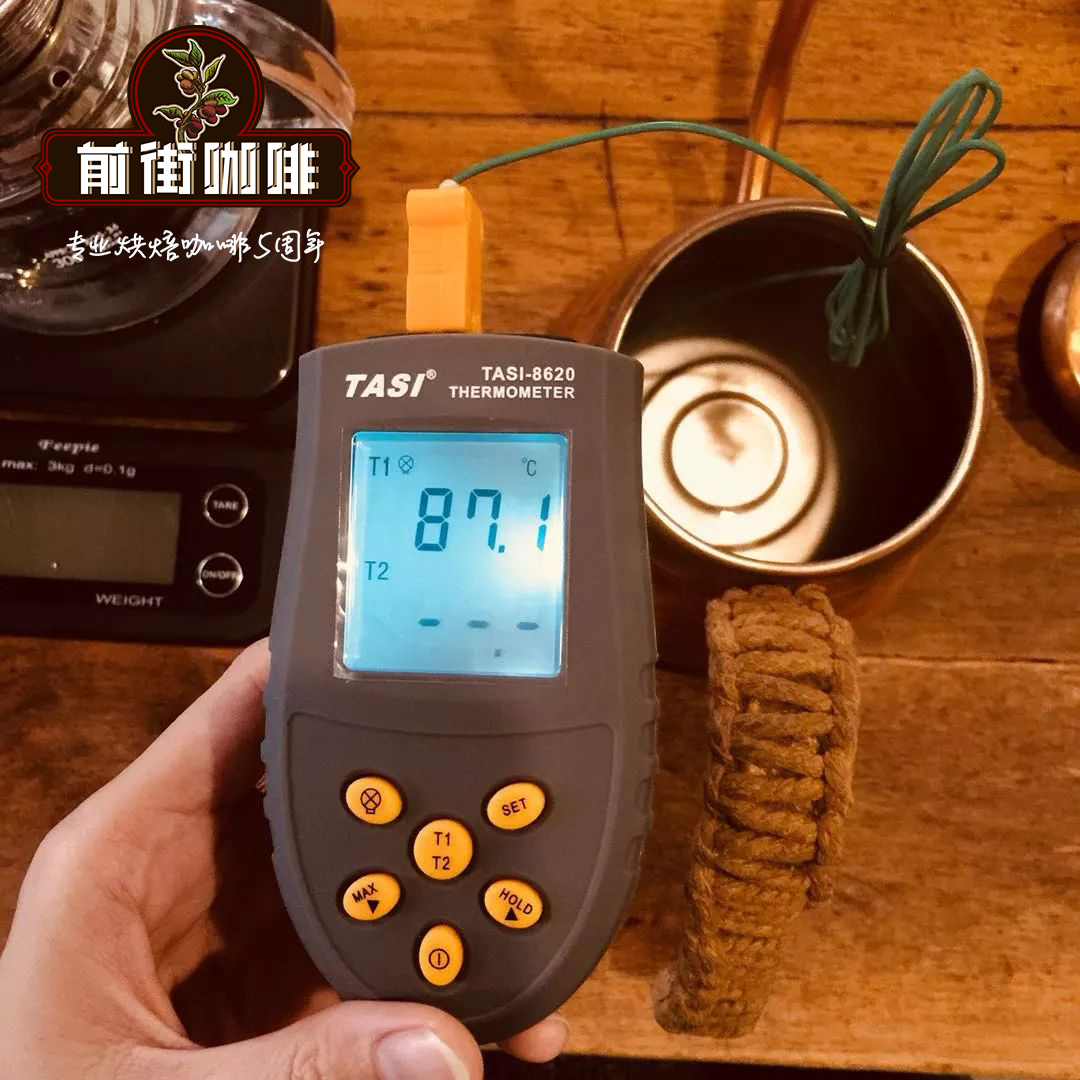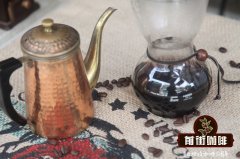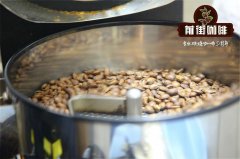What is the meaning of the three common hand selections of Indonesian coffee Mantenin _ Indonesian coffee raw bean grading system

Professional coffee knowledge exchange more coffee bean information please follow the coffee workshop (Wechat official account cafe_style)
Indonesia is a very important country in Asia, with a vast territory and a large population. there are ten countries with a population of more than 100 million in the world. Indonesia is one of them and ranks fifth in the world.
In addition, geographically, he has a very special place, known as the country of Thousand Islands. How can so many islands rule? I sweat for their national government.
Cafes in the Ottoman Empire
The word coffee, originally derived from the Greek word "Kawah", actually means "strength and passion"! You are like that. A fire! -- the flames burned me--) heh. Of course, the Chinese word "coffee" comes from the English word "Coffee"--
History of coffee in Indonesia
Before the 17th century, the cultivation and trade of coffee were firmly controlled by the Ottoman Empire, mainly in Arabia and East Africa. After the 17th century, in 1683, the Ottoman Empire and the Holy Roman Empire fought a great battle in Vienna.
The battle ended with the defeat of the Ottoman Empire, from which the Ottoman Empire gradually declined and put control of the region in the hands of the Europeans.
So in this case, the Dutch were able to introduce coffee cultivation to Indonesia, which was the first to come out of the Ottoman Empire.
There are two very interesting words in China, one is called the year of the Monkey, and the other is called Java. The year of the Monkey is to describe the distant future in the world, Java is to describe the space is out of reach, this first batch of coffee beans is focused on Java. Java is still a very important producing area in Indonesia.
In the 1880s, Indonesia became the world's largest exporter, but the good times did not last long. In the late 18th century, a leaf ball disease dealt a fatal blow to the Indonesian coffee industry. Many tree species died in the disease, and later Indonesians tenaciously revived the coffee industry.
Manning Coffee
Manning coffee is one of the most famous coffee in Indonesia. What makes it special is that it has a special flavor. Some people say it is like a cigar, some say it is like spice, and some say it is a straw mat. In short, it is a very unique taste, which many people will like as soon as they drink it.
Most of these flavors come from his traditional processing technology. In Indonesia, there is a process called wet planing, which takes out the coffee beans before the pectin fruit is dried. At this time, the humidity of coffee beans is about 30%, 40%, which is very soft, so there will be some scratches on the surface. These scratches will produce slight fermentation later in the sun, which reinforces the flavor.
Generally speaking, Manning coffee is characterized by rich fragrance and full of vicissitudes. The great flood and leaf ball disease did not beat it, but it has lasted to this day. It can still show its unusual flavor to the world, almost reminiscent of the earthy smell of Sumatra as far away as the 19th century.
The super speed of wet planing also causes Manning to have higher defects. Employees will be arranged to carry out manual selection of defects in the processing plant, usually with DP (second hand selection) and TP (third hand selection). After three times of hand selection, Mantenin will be better than the second hand selection in the defect rate.
END
Important Notice :
前街咖啡 FrontStreet Coffee has moved to new addredd:
FrontStreet Coffee Address: 315,Donghua East Road,GuangZhou
Tel:020 38364473
- Prev

Is the Star of Manning in Indonesia really Golden Manning? is the Star of Lindong Mann in Sumatra delicious?
Professional coffee knowledge exchange more coffee bean information please follow the coffee workshop (Wechat official account cafe_style) Manning is not the name of the coffee variety. It is the transliteration of the mandheling people of Mandaining, Indonesia. During the Japanese occupation of Indonesia during World War II, a Japanese soldier drank mellow coffee in a cafe, so he asked the shopkeeper the name of the coffee.
- Next

Introduction to Indonesian Blue Diamond Mantenin Coffee Information Story: the difference between Sapphire Manning and Mantenin
Professional coffee knowledge exchange more coffee bean information Please pay attention to the coffee workshop (Wechat official account cafe_style) now on the market all kinds of Mantenin are competing for beauty, and some friends with choice difficulties are deterred, do not know how to choose. Today, we are going to recommend a famous Mantenin blue diamond (also known as sapphire) to you. Sapphire Mante
Related
- Detailed explanation of Jadeite planting Land in Panamanian Jadeite Manor introduction to the grading system of Jadeite competitive bidding, Red bid, Green bid and Rose Summer
- Story of Coffee planting in Brenka region of Costa Rica Stonehenge Manor anaerobic heavy honey treatment of flavor mouth
- What's on the barrel of Blue Mountain Coffee beans?
- Can American coffee also pull flowers? How to use hot American style to pull out a good-looking pattern?
- Can you make a cold extract with coffee beans? What is the right proportion for cold-extracted coffee formula?
- Indonesian PWN Gold Mandrine Coffee Origin Features Flavor How to Chong? Mandolin coffee is American.
- A brief introduction to the flavor characteristics of Brazilian yellow bourbon coffee beans
- What is the effect of different water quality on the flavor of cold-extracted coffee? What kind of water is best for brewing coffee?
- Why do you think of Rose Summer whenever you mention Panamanian coffee?
- Introduction to the characteristics of authentic blue mountain coffee bean producing areas? What is the CIB Coffee Authority in Jamaica?

